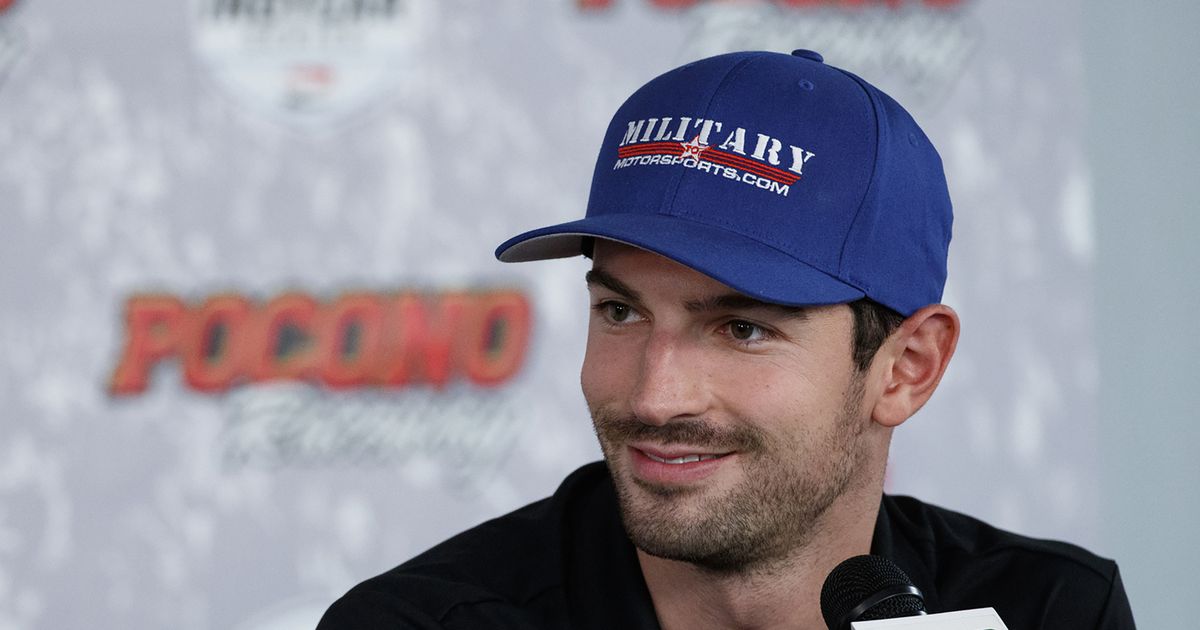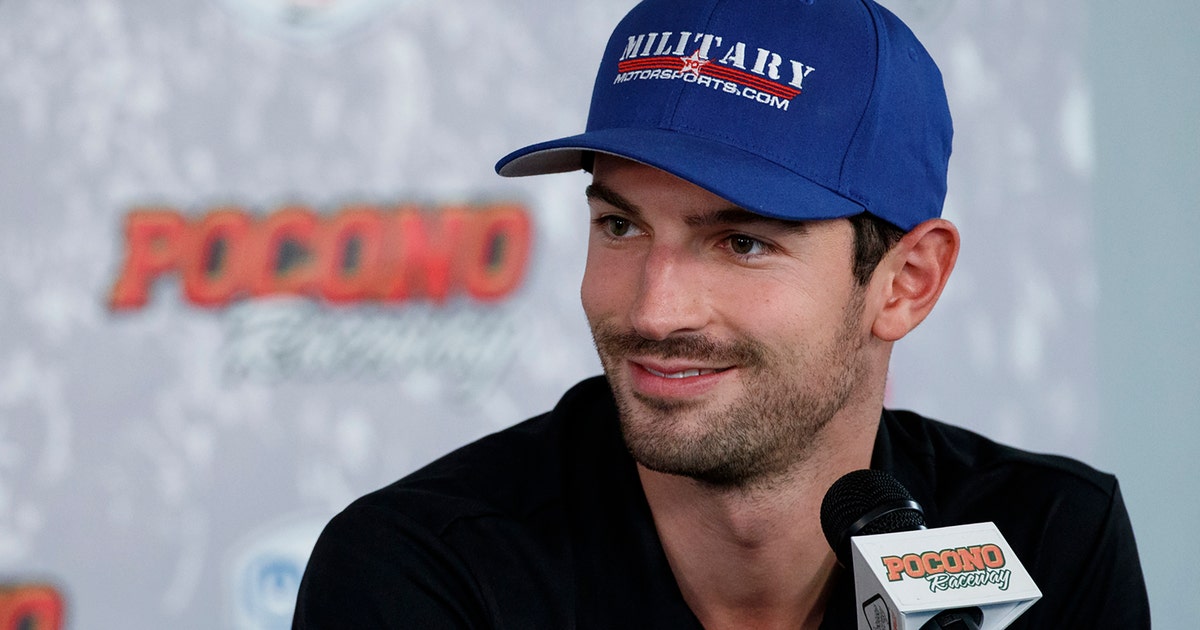IndyCar touts positive gains as season heads to climax


MONTEREY, Calif. (AP) — When a 19-year-old rookie paces the field at an unfamiliar and technical race track, it catches the attention of veterans who wonder if the kid is fearless or foolish whipping around historic Laguna Seca Raceway.
Will Power went with “definitely brave” in describing Colton Herta’s successful first day hurtling through 11 fast corners of the 2.258-mile road course.
Then came Day 2.
Herta again paced the field in Friday’s first practice session, but that bravery so heralded a day earlier caught up with him. Herta went off the track three times, including a session-ending spin.
“I was definitely pushing to the limit of what I had yesterday, and that’s what I was doing all three times, and the third time kind of ended the session for me and everyone else,” Herta said.
Either way, Herta and fellow rookie of the year contenders Felix Rosenqvist and Santino Ferrucci were the top three on the speed chart during the first practice session for Sunday’s season-ending and championship-deciding race. The practice was problematic for Alexander Rossi, second in the points standings behind Josef Newgarden, because his car had a “hardware problem.”
It required Rossi to get out of his car so his Andretti Autosport team could access the issue. Rossi wound up with just four laps completed in the session and sported his “Angry Alex” scowl as he climbed atop the timing stand to debrief. He is 41 points behind leader Newgarden headed into a race worth double points as IndyCar decides its champion in the finale for the 14th consecutive year.
It didn’t get much better for Rossi in the second session, as he was 23rd of 24 cars with the caveat that he didn’t turn any laps on the faster set of tires. Andretti Autosport teammate Ryan Hunter-Reay was fastest of the session, and followed by the rookie contenders. Rosenqvist was second, Herta third without incident and Ferrucci fifth.
Newgarden was sixth fastest and needs only to finish fourth Sunday to win his second title in three years.
A tight championship battle, an impressive rookie class, improved television ratings and major advancements in safety and technology on the horizon were among the highlights touted Friday by IndyCar leadership.
“We believe IndyCar is the most compelling form of motorsport on the planet, and I think that’s more true, more defensible every year,” series CEO Mark Miles said. “We just keep getting better, the racing improves, it’s more competitive, and it’s all done while being very attentive to managing costs for the teams. I’m also delighted to say that in almost every metric, our marketing and promotional and commercial initiatives are growing the sport and ultimately attracting more fans.”
IndyCar this year had just one broadcast partner, the NBC Sports Group, which helped its continued renaissance. While nowhere near its heyday of the 1980s and early 1990s, the series has gained stability that is being openly celebrated this weekend in the long-awaited return to Laguna Seca. The track was one of the most popular on the circuit until it was dropped after the 2004 race.
But there’s a boost in energy over what is still to come for the series, and that includes McLaren’s participation next season, a windscreen that will protect the cockpit beginning next year and a hybrid system that will be implemented when the new engine formula is introduced in 2022. IndyCar wants less downforce by 2022 and is aiming for over 900 horsepower.
“It’s very important that we remain true to our DNA, and our DNA is fast, loud, authentic and unapologetic,” said Jay Frye, president of IndyCar.
The “Aeroscreen” project currently underway to protect the drivers’ heads in the open cockpits is receiving the most attention as IndyCar aims for improved safety. The push has been on for years but has been slow in development, even after Justin Wilson’s death in 2015 when he was hit in the head by a piece of debris.
“There has been no stone unturned on this program, this project, from driver cooling, driver expectation, clarity, glare, impact,” Frye said. “We believe this is an industry-changing total safety solution for driver cockpit protection. We’re very excited to get it on the track because we always say the data doesn’t drive, drivers drive, so the next step in the process is to get it on track and see where we’re at.”
The aeroscreen will be tested at Indianapolis Motor Speedway on Oct. 2, then at Barber Motorsports Park in Alabama and Richmond Raceway.
“It’s a very aggressive schedule, but the ball is in motion for a 2020 implementation,” Frye said.





